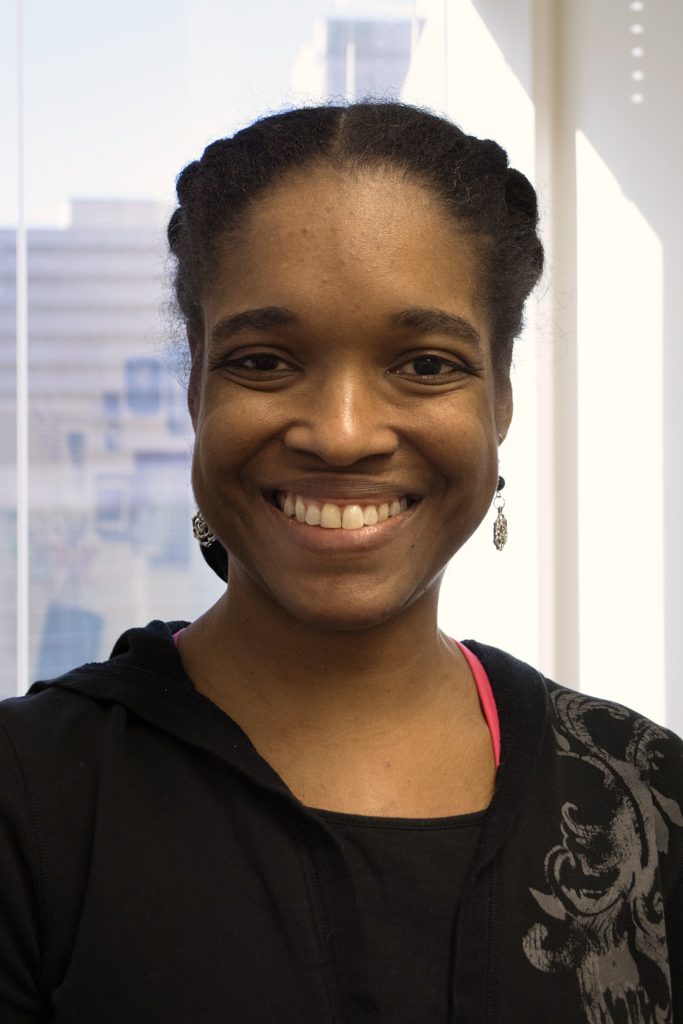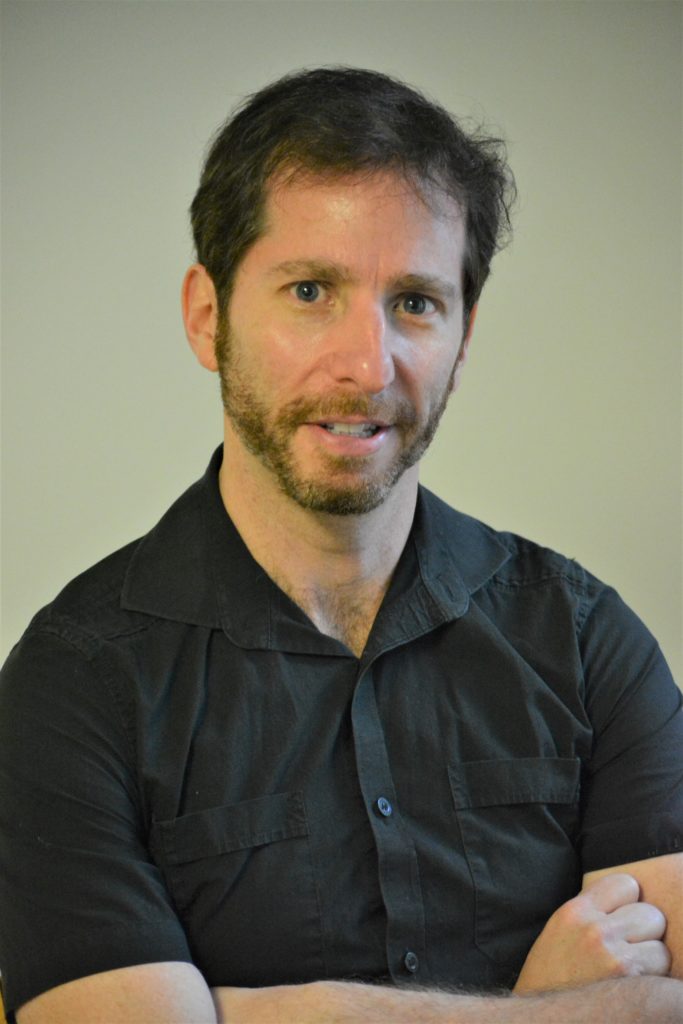
On October 25, 2017, we lost our beloved colleague Camilla Roberson. Camilla led our Access to Health and Benefits Project, scoring many victories to improve access to care for thousands of low-income Marylanders. She compelled the State to eliminate a backlog of applications for Medicaid on the basis of disability and to start processing applications on time. She ensured that dental and health care providers arrange for interpreters for Deaf clients. As chair of the Governmental Access Workgroup, she organized state agencies, advocates, and providers to make sure that language is not a barrier to receiving public benefits and health care. As a member of the Workplace Justice Project, she worked to make sure that the Unpaid Wage Lien Law would be a tool for workers to recover their unpaid wages. She was also a champion of incorporating race equity into the work of the PJC and the Maryland Alliance for the Poor, a statewide coalition of anti-poverty advocates. Her life and work are celebrated in this tribute in the Baltimore Sun.
Camilla Roberson was a staff attorney working primarily in the areas of health rights and juvenile justice. Prior to joining the PJC, Camilla worked in a variety of settings, including three and a half years as a class action litigation associate at Schneider Wallace Cottrell Brayton Konecky LLP, a civil rights firm in San Francisco, California. She also completed a Skadden Fellowship as part of the Safe Families Project at the Legal Aid Society – Juvenile Rights Division in New York, where she represented child witnesses of domestic violence in child protective proceedings.
During law school, Camilla interned with the Legal Aid Society, the National Center for Youth Law, the Welfare Law Center (now the National Center for Law and Economic Justice) and Human Rights Watch – Children’s Rights Project. She also volunteered as a Court Appointed Special Advocate in Brooklyn and trained as a community mediator. Between law school and college she worked at Nuestros Pequeños Hermanos, a home for orphaned and abandoned children in Honduras; taught reading and Spanish in the Baltimore City and Baltimore County schools respectively; and taught English as a Second Language with EBLO (Education Based Latino Outreach).
Camilla was a Baltimore native and a graduate of Columbia Law School, University of Virginia, and the Bryn Mawr School in Baltimore. She was also a supporter of ATD-Fourth World Movement, a human rights-based antipoverty movement.

John Pollock has been the Coordinator of the National Coalition for a Civil Right to Counsel (NCCRC) since 2009. He was the recipient of NLADA’s 2018 Innovations in Civil Justice Award. He is the author of a number of law review articles, including Appointment of Counsel for Civil Litigants: A Judicial Path to Ensuring the Fair and Ethical Administration of Justice, Court Review, Vol. 56 Issue 1 (2020), The Case Against Case-By-Case: Courts Identifying Categorical Rights to Counsel in Basic Human Needs Civil Cases, 61 Drake L.J. 763 (Spring 2013), and It’s Not Triage if the Patient Bleeds Out, 161 U. Penn. L.R. 40 (2012). Previously, he was the Enforcement Director at the Central Alabama Fair Housing Center, and before that was a fellow at the Southern Poverty Law Center. He graduated from Northeastern University School of Law and from Wesleyan University.
Email
he / him

Matt Hill is an attorney and team leader of the Human Right to Housing Project at the Public Justice Center (PJC). The Human Right to Housing Project seeks to protect and expand tenants’ rights to safe, habitable, affordable, and non-discriminatory housing and to fair and equal treatment by Maryland’s landlord-tenant laws, courts, and agencies. Matt has represented hundreds of tenants facing eviction and substandard housing conditions, advocated to create Baltimore City’s Affordable Housing Trust Fund with a dedicated funding source, acted as lead or co-counsel in a number of appeals involving landlord-tenant law, represented multiple classes of tenants in class actions challenging predatory landlord practices, advocated successfully to change Maryland and Baltimore City laws to strengthen tenant protections, and served as co-counsel in a HUD complaint and settlement that requires Baltimore County to dismantle policies that had perpetuated racial segregation and discriminated against persons with disabilities.
Prior to his working on the housing team, Matt was the Francis D. Murnaghan Appellate Advocacy Fellow at the PJC. In that capacity, he represented parties and amici in state and federal courts on various poverty law and civil rights issues in the U.S. Court of Appeals for the Fourth Circuit, the Court of Appeals of Maryland and the Court of Special Appeals of Maryland. Matt clerked for the Honorable Deborah S. Eyler on the Maryland Court of Special Appeals. He earned a J.D., summa cum laude, from American University’s Washington College of Law and a B.A., summa cum laude, from Loyola College. Before attending law school, Matt taught eighth grade at Mother Seton Academy in Baltimore City.
Matt serves as a commissioner on Baltimore City’s Affordable Housing Trust Fund. He has received the following awards and honors: 2018 Lorraine Sheehan Memorial Award from the Community Development Network of Maryland; 2017 Dickens Warfield Fair Housing Advocacy Award, Baltimore Neighborhoods Inc; 2011 Housing Justice Award, Housing Justice Network, sponsored by National Housing Law Project; 2011 Maryland Access to Justice Commission Outstanding Program of the Year Award to Tenants in Foreclosure Project of Public Justice Center.
Phone: (410) 625-9409 x229
Email
he/him
Ashley is the lead attorney for the Public Justice Center’s Health and Benefits Equity Project, which supports policies and practices that promote the overall health of Marylanders struggling to make ends meet. The Project seeks to eliminate racial and ethnic disparities in healthcare access and health outcomes. Prior to joining the Public Justice Center in 2018, Ashley worked at Disability Rights Maryland (formerly Maryland Disability Law Center) as a mental health attorney. In that role, she provided direct representation and brief legal services to individuals with behavioral health disabilities in civil rights issues and advocated for systemic changes to Maryland’s behavioral health system to improve the lives of behavioral health consumers.
Ashley graduated from the University of Maryland Francis King Carey School of Law with her Juris Doctor and the Health Law Certificate in 2015. She received the Public Service Award in recognition of her legal work that significantly advanced the public interest during her law school career.
Phone: (410) 625-9409 x224
Email
she/her

When a person’s basic human needs are at stake, such as those involving their home, income, health care, or children, a lawyer can help protect what matters most. But in the United States, there is no federal right to state-funded counsel in civil cases. While all states provide a right to counsel for some types of civil cases by either statute or court decision (or both), the laws are patchwork and incomplete. Consequently, 92 percent of the civil legal needs of low-income individuals go unmet, and half of those requests made to civil legal aid organizations are turned away due to limited resources.
At the same time, low-income individuals routinely face opponents (the government, landlords, banks, and so on) who are represented. Studies have shown that this disparity in representation leads to unbalanced outcomes, and that the presence of counsel dramatically improves a person’s chances for success while saving money for cities and states by avoiding negative outcomes, such as the use of homeless shelters, emergency medical care, unemployment, and foster care.
As the operator of the National Coalition for a Civil Right to Counsel (NCCRC), the Public Justice Center supports efforts across the country to establish the right to a lawyer for low-income individuals in civil cases involving basic needs. The NCCRC provides significant technical, research, and writing support to over 600 coalition participants and partners in 45 states, maintains the national clearinghouse of information on civil right to counsel, and engages in public advocacy and awareness throughout the country.
Visit the NCCRC website, civilrighttocounsel.org, for the latest about right to counsel developments from across the country and follow the coalition on X, Facebook, and LinkedIn.
Impact
The movement for a right to counsel in eviction cases has reached a seminal moment: New York City; San Francisco; Newark; Cleveland; Philadelphia; Boulder; Baltimore; Seattle; Louisville; Denver; Toledo; Minneapolis; Kansas City; New Orleans; Detroit; Jersey City; St. Louis; Westchester County, NY; Los Angeles County; Washington State; Maryland; Connecticut; Minnesota; and Nebraska now guarantee tenants a lawyer when their housing is threatened, and NUMEROUS other cities and states have introduced bills to do the same. The NCCRC provided and continues to provide extensive support to these campaigns.
The Supreme Court of Ohio ruled that low-income parents have a right to an attorney in involuntary adoption cases under the Equal Protection Clauses of the federal and state constitutions.
The NCCRC has a regular presence in the national media. NCCRC Coordinator John Pollock co-authored an op-ed in Newsweek about the necessary federal, state, and local response to the eviction crisis, and the NCCRC was featured in right to counsel stories in The Appeal and Law360 as well as in eviction stories in the Wall Street Journal, Salon, NPR, and Washington Post.
NOTE: The NCCRC cannot assist individuals with representation, legal advice, or attorney referrals. Therefore, we do not respond to individual requests for assistance. Please contact the legal aid organization in your state or your state’s attorney referral program.



